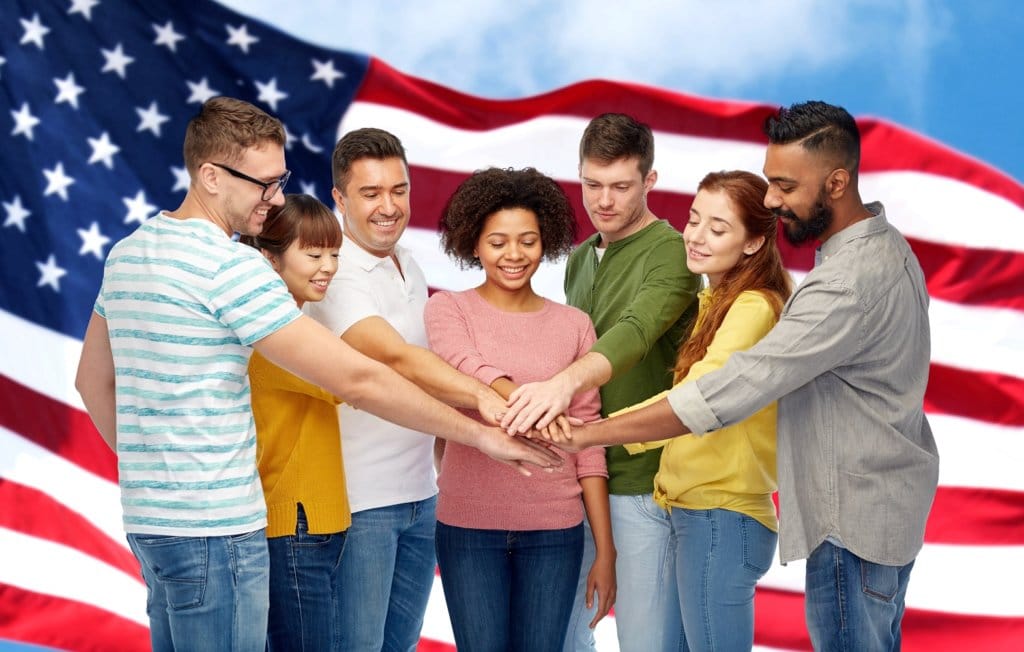Highly qualified young Indian American professionals who have applied for permanent residentship in the United States could have a better chance of receiving the green card if a new draft proposal for immigration goes through. The proposed changes from the Department of Homeland Security (DHS) will have negative repercussions on immigrants who seek any kind of government welfare benefit, the Washington Post reported.
On the other hand, young skilled workers with a stable income, who pay taxes and a have a well-established job, have health insurance and are unlikely to become a financial burden on the state or federal government, will have a better chance of getting their petition approved than those closer to the retirement age.
Indian H-1B visa workers who have been living in the United States have also been seeking green card reform so that the skilled workers can get permanent residentship. Indians and Chinese make up the majority of the H-1B visa recipients.
Children below 18 years and adults over the age of 50 years may have difficulty to get a green card. The proposal has also hit out at family migration. Unless people have enough resources to sustain themselves and not be a burden to the government they will have difficulty getting a family-sponsored visa, the report said.
Any immigrant who has benefited from the Earned Income Tax Credit, certain healthcare subsidies, and other “non-cash public benefits” like helping an individual beneficiary meet basic living requirements, such as housing, food, utilities, would be negatively affected by the proposal.
The foreign national should be able to support himself/herself and any dependents with assets, resources, or annual income equal to at least 125 per cent of the federal poverty guidelines (FPG) based on the household size, the DHS said. According to the proposal, 125 per cent of FPG ranges from approximately $20,300 for a family of two, to $51,650 for a family of eight.
Many of the Indians seeking green cards in the United States are young highly educated workers in the technology industry, employed in well-paying jobs, thus falling into the group identified by the draft proposal.
The DHS could analyze past use of public benefits and individual assets and income to see if the applicants can become a liability for the government.
However, rights advocates and anti-poverty groups have condemned the new proposal for alienating the lower income groups.
The proposal would hit not only those seeking immigration visas but also the individuals covered under the Deferred Action for Childhood Arrivals (DACA) program.
If implemented, these rules “could make it nearly impossible for an immigrant working in low-wage industries to become citizens,” Ali Noorani, the executive director of the National Immigration Forum, argued in a tweet on March 28.
“This is both cruel and counterproductive,” said Alyona Minkovski of the online program, Alyona Show.
Four other immigration proposals were earlier vetoed by the United States Senate. The US Spending Bill, which was approved, did not mention any change in policy for DACA or other illegal immigrants.
